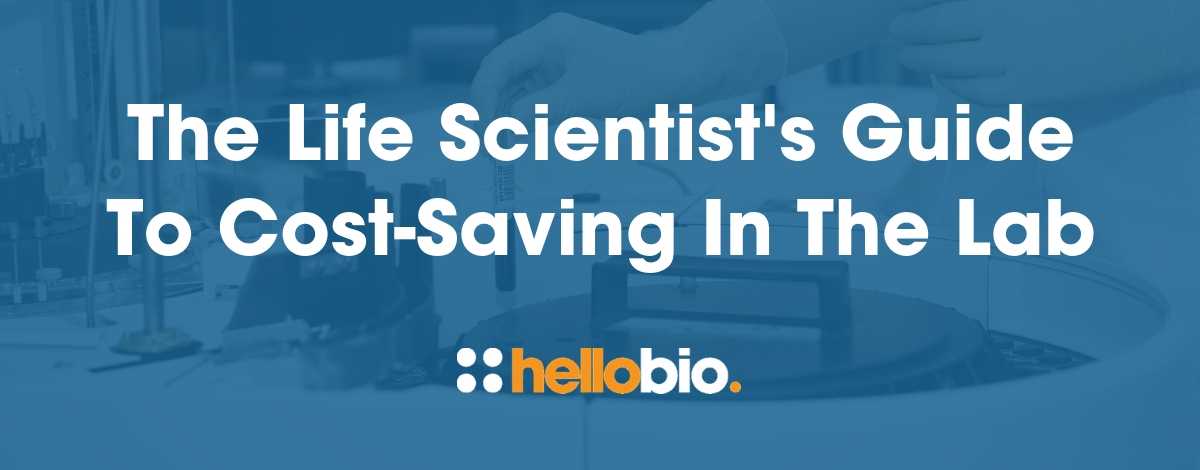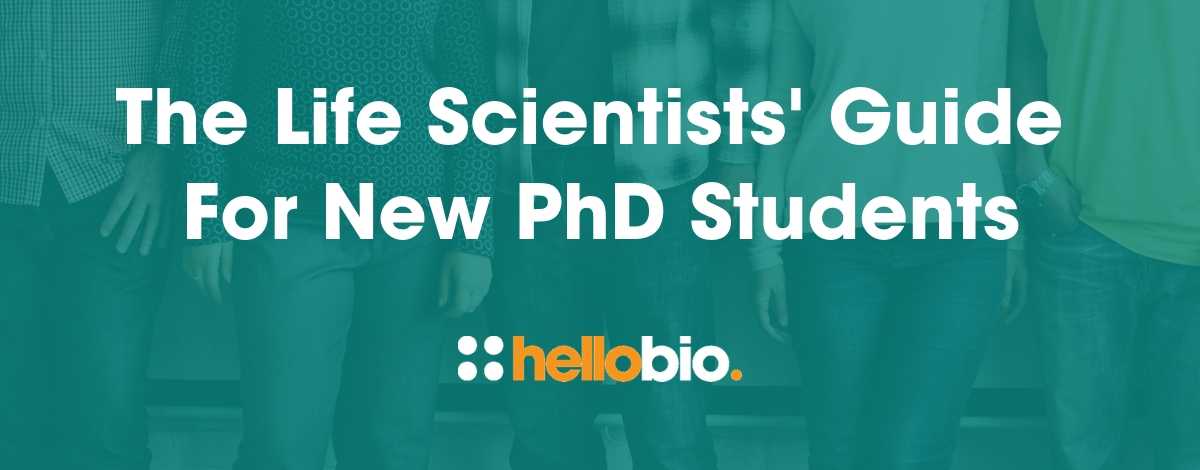Interviews with Scientists: Célia Domingos
We met Célia Domingos at ENCODS 2019 last month, where she was one of the five scientists to benefit from our fee waiver sponsorship. It was great to catch up with her for our Interviews with Scientists series, and speak more about her work, the challenges facing life scientists, her advice for those just starting out with their PhD and more!
Célia graduated in Biochemistry and completed her Master’s Degree in Biotechnology at the University of Algarve. Currently, she is doing her PhD in Applied Health Sciences with a partnership with iCognitus4ALL - IT Solutions at Life and Health Sciences Research Institute(ICVS), School of Medicine, University of Minho. Her PhD project involves the characterization of a Wearable Monitoring System of physical activity as a surrogate of brain structure and function in older populations.
Hi Célia! Great to talk to you! Firstly tell us more about your PhD...
I am currently in the third year of my PhD in Applied Health Sciences in the School of Medicine, University of Minho, Portugal in a partnership with iCognitus4ALL-IT Solutions company. My PhD project aims to explore the associations between physical activity and brain health in older populations. Patterns of physical activity are obtained using a wearable device to measure and quantify free-living physical activity, while parallel neuroimaging studies are used to assess white and gray matter structures and brain function.
My research goal is to identify which specific patterns of physical activity are associated with better brain function and structure in older populations. Once these patterns of physical activity are identified, it will be possible to establish recommendations for daily activity. Hopefully, this research has a great potential to promote the adoption of a healthy lifestyle for a healthier aging process.
Did you always want to be a scientist when you were younger, and why?
A career as a research scientist hasn’t always been my major goal. Up until high school, I always dreamed of attending medical school and becoming a doctor. I wanted to help people and make a difference in people’s lives.
However, at the same time, I have always been interested in exploring the unknown and discovering how things work. I really enjoyed science classes, especially lab experiments, in high school.
Later, I understood that I could help people improve their life and health by doing clinical or translational research, since results can be translated into clinical recommendations.
Therefore, being a scientist for me was the unique opportunity to combine my interest in science with helping others.
What are you enjoying most about your PhD?
I really enjoy the fact that I have the opportunity to take leadership of my own project, since I am a very independent researcher. I have the unlimited freedom of expressing my ideas and choosing the direction of my research.
I am also very excited about my research question. It is very important to understand how physical activity can be translated into positive effects on brain health and healthy aging. I believe that my research has the potential to positively impact people’s lives.
What advice would you give to someone just starting their PhD?
In my opinion, one of the most important things during a PhD is time management. Use your time in a responsible and proactive manner, from the beginning. Be responsible and organized in your work, and make sure all deadlines are met.
It is also important to establish your goals and organize your work accordingly. This will help maintain focus on what matters most. I would also advise that research goals are SMART (specific, measurable, attainable, relevant and timely). Otherwise, it can be an overwhelming experience and you can become frustrated.
Planning and organizing ahead will also help you to be more productive and save time. At the same time, this will also help maintain a healthy work-life balance.
Finally, do the things you enjoy that help relieve stress. If your time is well managed, you’ll have time to do more of the things you enjoy.
What's the most important lesson you've learned so far in your PhD?
I did my graduation and master’s degree in the oncology field, but when I started my PhD I switched my research focus to the neuroscience field. With this experience, I learned that transitions between different research fields are not easy, but it is possible to be successful, especially if you find something that you love doing.
This drastic switch was challenging because I did not have background knowledge in neuroscience, and I had to learn to speak the “language” of the field. However, this change was intellectually stimulating and helped me grow as a scientist.
What are you most proud of in your career to date?
I feel proud of myself for successfully switching my research focus, and that my hard work and focus helped me achieve recognition in a short period of time. This dedication was recognized in an early phase of the PhD, as I won a national award for young clinical researchers. Aside from the recognition, it was a great opportunity to have financial support to my project.
What do you think are the biggest challenges currently facing life scientists and their work at the moment?
Nowadays, one of the biggest challenges that researchers face is financial constraint to support their research. I believe that the continuous search for funding opportunities can distract researchers from their research goals. This consequently leads to intense competition for funding, lack of research ethics, and pressure to publish in high profile journals. This may have a profound effect on the quality of the science being conducted.
Outside the lab, what do you enjoy doing?
Exercise is what keeps my mind and body healthy. Therefore, I try to maintain a healthy lifestyle as a part of my routine, with daily sports activities.
At the weekends, I usually go trekking in nature to find peace and recharge my energy. Then on Monday, I return to work feeling happier and more relaxed.
What is it about your field of research that gets you most excited?
It is incredible how our brain can change in response to intrinsic and extrinsic factors, having a negative or positive effect across our lifespan. Physical activity is one of the factors that might improve brain health. Since I am a physical activity enthusiast, my research is personal and therefore more stimulating. For me, it is very exciting to study the mechanisms underlying how physical activity improves brain health, as well as attenuate neurodegeneration.
What’s your favourite science quote?
“Somewhere, something incredible is waiting to be known.” — Carl Sagan
What do you think is the greatest scientific discovery of all time?
For me, vaccination is one of the greatest discoveries because it reduced the burden of infectious diseases and eradicated some of the most fatal diseases in human history.
As the immunologist Mark Davis said, vaccines are “the single most life-saving medical innovation ever in the history of medicine”.
_________________________________________________
Thank you so much for speaking to us, Célia!
You can connect with Célia on LinkedIn here and on ResearchGate here.
_________________________________________________
If you enjoyed reading this interview, why not check out the other resources available on our blog. One of the things we’re most passionate about is supporting early career life scientists and PhD students. We know how tough it is - so we hope you find these helpful!
Advice & guidance for life scientists
Click below to view our of essential guides and articles includes to support life scientists, PhD students & early career life scientists:
Travel grants
Every month we give away $500 to PhD students and Postdocs so that they can attend a scientific conference - click below to find out more:
Wellbeing for scientists
Click below for our resources to help improve your wellbeing:
Technical resources
Try our Molarity Calculator: a quick and easy way to calculate the mass, volume or concentration required for making a solution.
Try our Dilution Calculator: an easy way to work out how to dilute stock solutions of known concentrations
Click below to see our Mini-reviews, Pathway Posters & Product Guides: a set of technical resources to answer your questions on a wide range of topics and to help you get started quickly.
And - when you get to the stage of planning your experiments, don't forget that we offer a range of agonists, antagonists, inhibitors, activators, antibodies and fluorescent tools at up to half the price of other suppliers - click below to see how we compare with other suppliers:






















